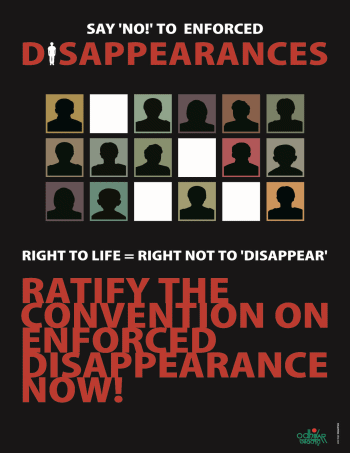The overwhelming lack of political tolerance, absence of necessary and effective institutions to ensure a democratic polity and blatant violations of human rights still remain the biggest hurdles for democracy in Bangladesh.This atmosphere leads to the manifestation of undemocratic and dictatorial nature of power that abuses the state machinery for parison and narrow political gain. Immediately after coming to power the Awami League government, failed not only to stop extra judicial killings and torture, but also was unable to contain the violence and human rights abuses perpetrated by its youth and student wings, who were mainly involved in intra party clashes, tender manipulation, extortion and violence in educational institutions. It broadly reflects the political culture of major political parties.
In 2010, Odhikar’s statistics show that the Rapid Action Battalion (RAB) was the main perpetrator of extrajudicial killings this year, while the police were the main perpetrators of torture. This annual report of 2010 will also show that acts of violence against women are no where near decreasing. Despite special criminal laws to ensure justice for acts of violence against women, lack of implementation, corruption, economic hardship and social/family programme interfere to prevent justice from being done. 2010 also show a rise in incidents of harassment and physical abuse of young women and girls. In 2010, Odhikar also came under the harsh scrutiny of the government.
In all, 2010 has been an ‘eventful’ year for perpetrations of human rights abuses, which cover all the sectors of human rights – social, political, economic and cultural. It has also been a worrying year for human rights defenders, even more so due to the lack of accountability and acts of impunity, which persisted and prevented the redress of such violations.




